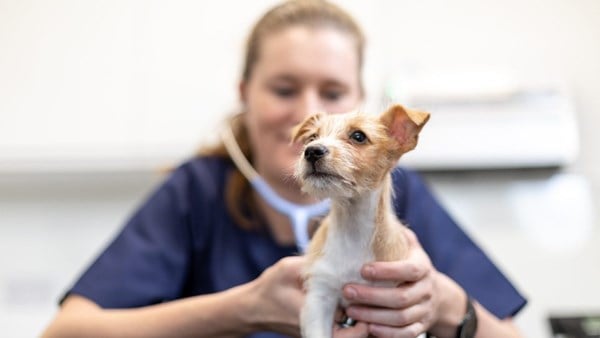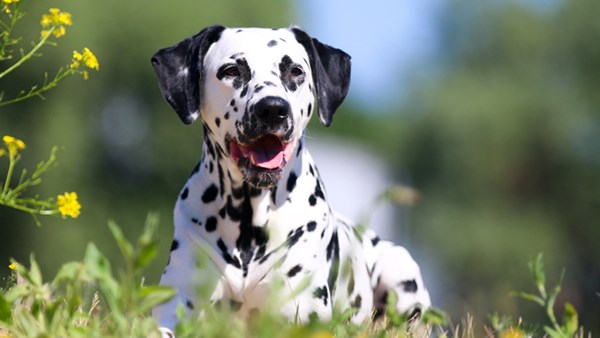Canine Parvovirus
Canine parvovirus is a highly contagious disease that mainly affects dogs. Parvovirus is common in the UK, but occasionally we experience periods of higher numbers of reported cases. Untreated in an unvaccinated dog, it can often be fatal.
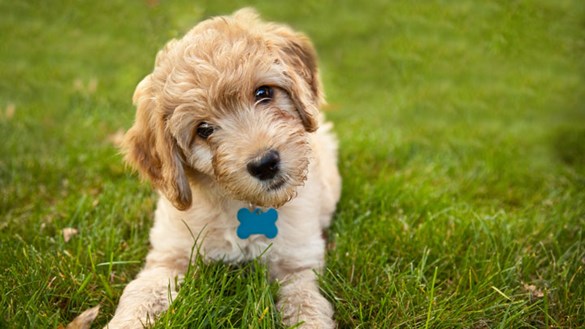
What is canine parvovirus?
Parvovirus is a highly virulent virus that targets the intestines, causing severe bloody diarrhoea, vomiting and abdominal pain. Affected dogs and puppies become weak, lethargic and dehydrated.
Parvovirus is spread through direct or indirect contact with the faeces of an infected dog. Contaminated surfaces, including grass, shoes, bowls and human skin, are therefore potential sources of infection, and as Parvo is a very hardy virus it can survive for months on surfaces that have not been adequately disinfected.
What are the symptoms of parvovirus?
Symptoms of parvovirus will normally start five to seven days after infection, although there have been cases reports of anywhere between two and fourteen days.
The early symptoms are:
- High temperatures
- Less energy than normal
- Loss of appetite
After 24-48 hours, this escalates to:
- Vomiting
- Severe diarrhoea, often containing blood
Dehydration can occur very quickly, and prognosis is worsened by delayed treatment, so it’s essential that you contact your vet immediately if you suspect your dog is infected.
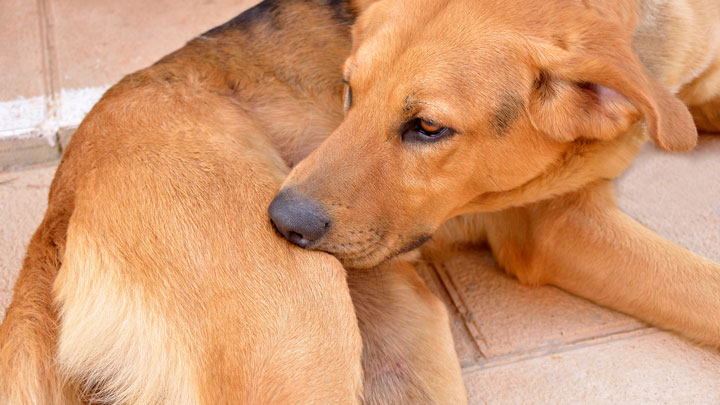
Can parvovirus be treated?
Yes, parvovirus can be treated – there’s not a specific drug that is used, but survival rate is improved when a dog receives early and aggressive treatment.
Treatment for parvovirus can include:
- Intravenous fluids to manage the dehydration and to treat shock
- Painkillers
- Antibiotics to treat existing infection and prevent further infection (note that antibiotics won’t kill parvovirus)
- Tube feeding
- Anti-sickness medication
If you suspect your dog has parvovirus, please contact your vet immediately. Given how contagious it is, ensure they’re kept away from other dogs and take your vets advice on when and how to bring them into the practice.
How can I protect my dog or puppy from parvovirus?
Without doubt, vaccination is the best way to protect your dog from parvovirus. Our vets note that the condition is often found in young puppies that are yet to complete their vaccinations, as well as in dogs whose vaccinations aren’t completely up to date.
It’s worth remembering that whilst it’s important to socialise puppies, this should be done carefully until they’re fully protected. Only let them mix with dogs that you know are fully vaccinated in a non-public place (e.g. a friend’s back garden). Your vet will confirm when it’s safe to allow them to mix with other dogs and walk and play in public places - this is usually one to two weeks after their final parvovirus vaccination.
Adult dogs need regular boosters throughout their life.
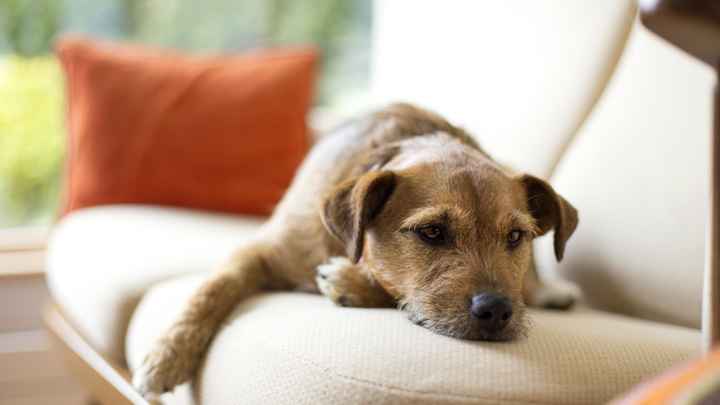
Is there a way to tell if my dog has immunity from parvovirus from a previous vaccination?
At Medivet, we’re able to provide a test called VacciCheck. It’s a simple blood test that measures the antibody levels in the blood. The test will determine whether your dog has sufficient protection from parvovirus, as well as distemper and viral hepatitis.
Are certain dogs or breeds more susceptible to parvovirus?
Without a doubt, unvaccinated dogs and puppies are most at risk. It’s really important that you fully vaccinate your puppy and don’t expose them to other dogs that may be infected or allow them to walk in public areas where an infected dog may have been, until your vet has confirmed that they’re fully covered.
In addition to this there are certain dog breeds that seem to be more susceptible to parvovirus or appear to be more seriously affected. These include:
- Rottweilers
- Doberman Pinschers
- German Shepherds
- Bull Terrier breeds
- Labrador Retrievers
- Alaskan Sled dogs

If you’re concerned that your dog may have parvovirus, or is unvaccinated and therefore at risk, please don’t hesitate to contact your vet immediately.


